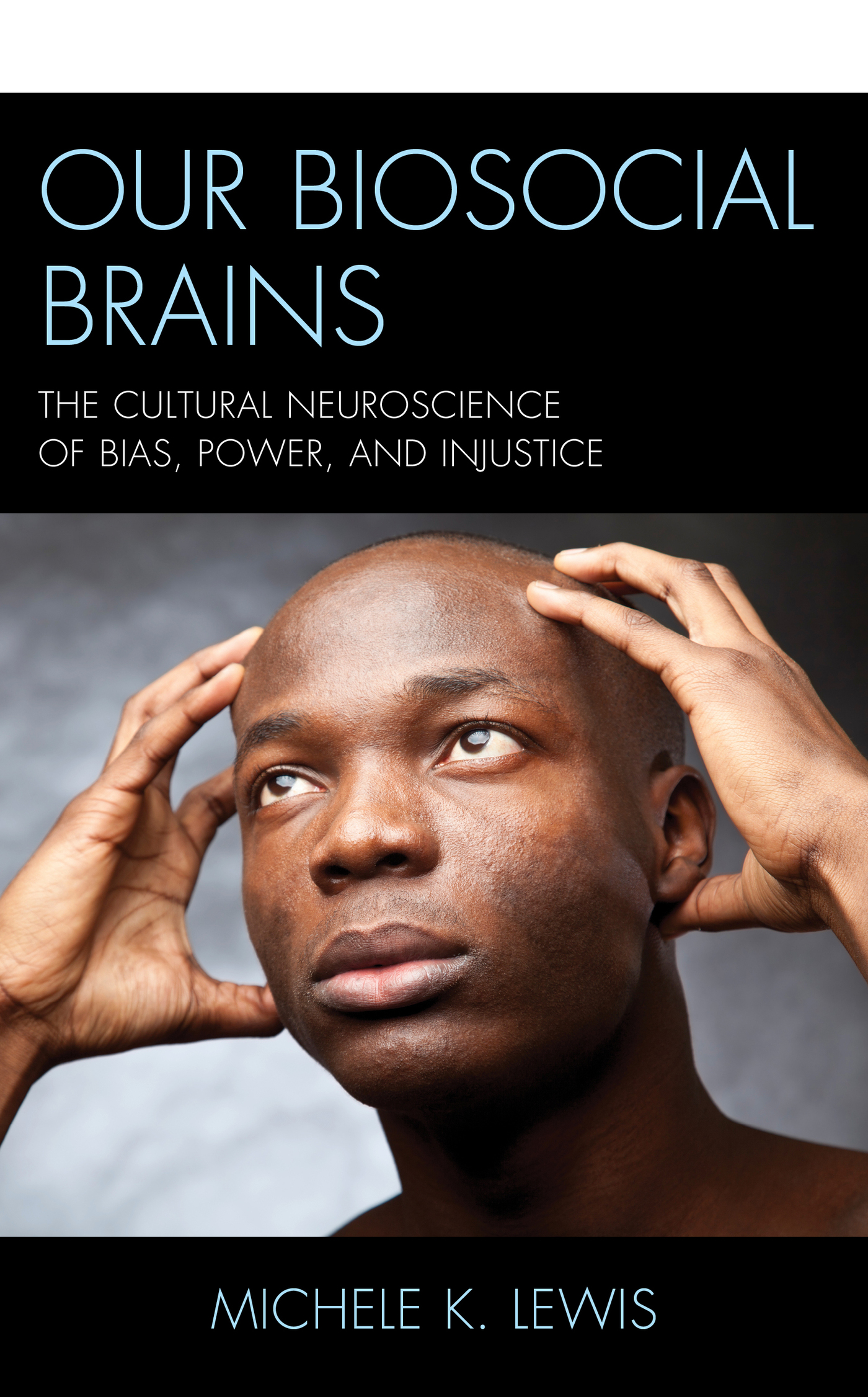Our Biosocial Brains
Our Biosocial Brains
The Cultural Neuroscience of Bias,
Power, and Injustice
Michele K. Lewis
LEXINGTON BOOKS
Lanham Boulder New York London
Published by Lexington Books
An imprint of The Rowman & Littlefield Publishing Group, Inc.
4501 Forbes Boulevard, Suite 200, Lanham, Maryland 20706
www.rowman.com
6 Tinworth Street, London SE11 5AL
Copyright 2020 by The Rowman & Littlefield Publishing Group, Inc.
All rights reserved. No part of this book may be reproduced in any form or by any electronic or mechanical means, including information storage and retrieval systems, without written permission from the publisher, except by a reviewer who may quote passages in a review.
British Library Cataloguing in Publication Information Available
Library of Congress Cataloging-in-Publication Data Available
ISBN: 978-1-4985-8353-4 (cloth)
ISBN: 978-1-4985-8354-1 (electronic)
 TM The paper used in this publication meets the minimum requirements of American National Standard for Information Sciences Permanence of Paper for Printed Library Materials, ANSI/NISO Z39.48-1992.
TM The paper used in this publication meets the minimum requirements of American National Standard for Information Sciences Permanence of Paper for Printed Library Materials, ANSI/NISO Z39.48-1992.
Acknowledgments
Words cannot express my gratitude to my Dee. Your love and support are always encouraging, especially when my biosocial brain is frustrated and fatigued. I would also like to thank my family members and colleagues who regularly inquired about my progress, and shared kind words. I am grateful to editors and reviewers who read the early draft and provided invaluable feedback to strengthen this project. Thank you to the Center for the Study of Economic Mobility at Winston Salem State University for funding the research on the local Black women challenged by poverty. Thank you to all scientists, surgeons, and physicians who study and treat our biosocial brains. I am inspired by you all. Lastly, I acknowledge all victims of violence, greed, marginalization, exploitation, and dehumanization throughout the cultures of the world.
Preface
At the time of this writing in 2019, examples of police brutality have appeared in media for several years in the United States and other parts of the world. At the time of this writing in 2019, parts of the Amazon rainforest in Brazil have been burning for days, even though the rainforest is known as among the Earths greatest natural treasures. Now, indigenous humans and plant life there are at risk. As well, in 2018, a longtime physician was sentenced to life in prison for years of sexual abuse of young women and girls in professional gymnastics. In 2017, the year ended with Time Magazine selecting women of a #MeToo movement against sexual assault as person(s) of the year in the United States.
Repeatedly over several years, juries have decided against indictment of police officers for the killings of unarmed Black human beings. In each case, the parents of the murdered, protesters, and other citizens have considered the actions of the police to be use of excessive force. As well, some of the killings and bodies of the deceased have been shown in graphic depiction on the news, reoccurring loops similarly to a movie trailer for an upcoming entertaining film. Parents have stated in the United States, their children are fearful of getting shot at school, and proactively think of how they will shield themselves or escape the terror. Does chronic exposure to this information and negative images have an impact on the brains and behavior of all who repeatedly view or hear about these events happening in their culture? What changes have already occurred in childrens brains when they express fear and the associated neurotransmitter and hormonal releases at the thought of going to school to potentially face gun violence?
Frantz Fanon in his iconic 1961 work, The Wretched of the Earth, includes an opening chapter entitled, Concerning Violence, in which he makes several points regarding power and privilege. He makes several statements regarding colonizers and the colonized, statements about relations between wealthy and lower socioeconomic classes of people, and statements regarding relationships between white Europeans and people of color. Within the chapter, policing is presented as a tool of colonization and oppression. Fanon also wrote of violence as being inevitable in the process of change that may produce something completely new with respect to challenging the oppression. Since 1961, these same social problems have continued to exist on an international scale. This book attempts to detail the significance of these events in the study of the brain as a biosocial organ influenced by these events. All people, irrespective of where they reside on planet earth, are embedded in a culture which shapes their reactions, decision-making, and perceptions.
Fanons words, though written decades ago, have remarkable relevance to the Black Lives Matter protests of 2014 and the Occupy Wall Street movement which began in September 2011. There are many other examples, such as the Grenfell Tower fire in England and the forcible land grab disputes among members of quilombos (settlements of runaway enslaved people) and developers in Brazil. The Black Lives Matter protests were initiated in response to the deaths of Black men at the hands of police. This movement was largely initiated by young people in major cities. The Occupy Wall Street movement was initiated in Liberty Square in Manhattans Financial District. This movement was initiated in response to the corruption and power of major banks and multinational corporations. Its aim is fighting back against the richest 1 percent of people who toppled the global financial industry, thereby globally affecting millions of ordinary peoples financial well-being into the foreseeable future.
The organizers of the Occupy Wall Street movement used the slogan, we kick the ass of the ruling class! The slogan was aggressive, though the protests were nonviolent. This is different from Fanons message, which advocated for an aggressive and even violent response to oppression. However, to be clear, Fanon was not (as he has been mistakenly described by some writers) advocating for violence for the sake of violence. Yet how instinctive have violent reactions become in the face of human frustration, greed, or attempts to solve problems? How does chronic exposure to violence (gaming, movies, sports, current events) impact the biosocial brain? How have the sociocultural worlds of the different generations from Baby Boomers through Generation Z impacted the brains and behavior of humans? How have humans brain capacity for humane vs. inhumane cognition and behavior been impacted across these changing sociocultural contexts?
The Black Lives Matter and Occupy Wall Street movements, have been comprised of youth in the 21st century, calling forth the historical Marxist use of the term, lumpenproletariat. In the 21st century, millennials and Generation Zs have been frequently dismissed as too self-centered to be collectively useful to greater societal movements. Thus, in terms of their perceived usefulness to an organized movement, they can be compared to those that Marx referred to as the lumpenproletariat in his communist manifesto. This can be said because Marx described the lumpenproletariat as the disengaged, unorganized, lowest levels of the human population who are unskilled, dispossessed, and unemployed. Yet, youth have been significant in the Black Lives Matter movement, as Fanon suggested should happen. The outcasts or dismissed, he suggested, must join the revolutionaries to bring forth liberation. Who are the people today, who are most often perceived as the outcast, dismissed, ratchet, despised? If we are watching and listening to national and international news, then we can guess the answer to this question. On a related note, we may also gain insight to the answer by noting who are the people absent from mainstream scientific brain research as participants of interest and as researchers.
Next page
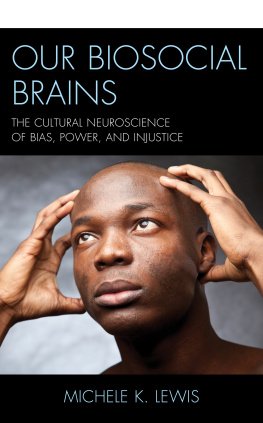

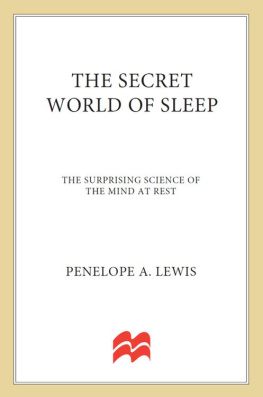
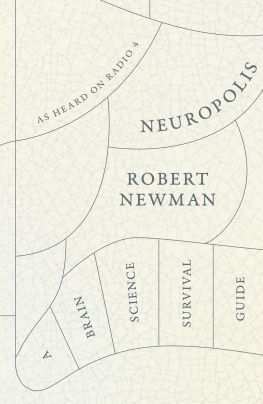
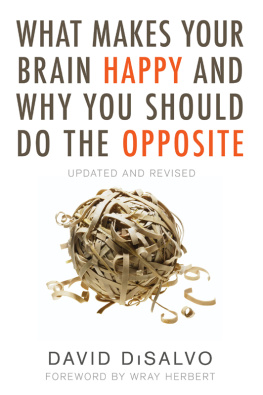
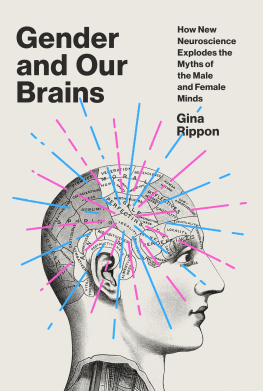
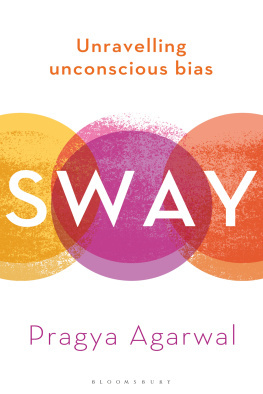
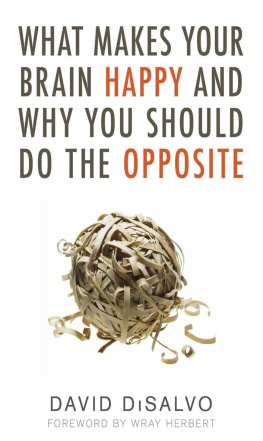
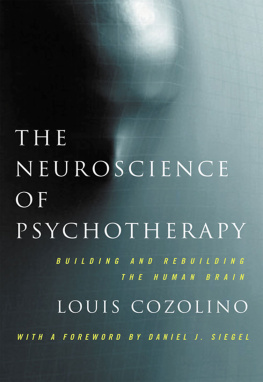
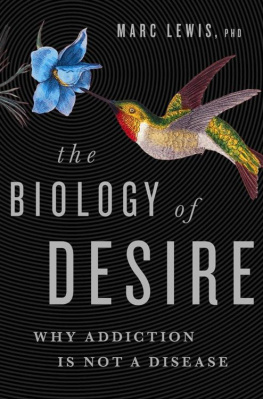
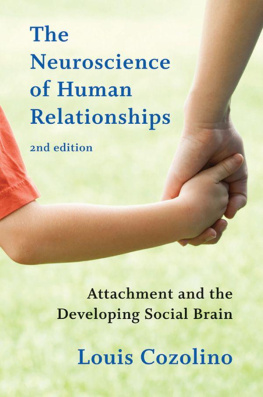
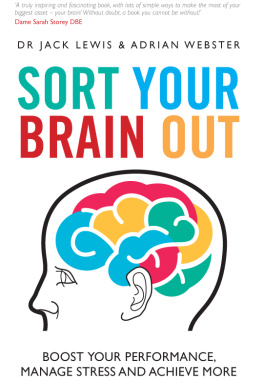

 TM The paper used in this publication meets the minimum requirements of American National Standard for Information Sciences Permanence of Paper for Printed Library Materials, ANSI/NISO Z39.48-1992.
TM The paper used in this publication meets the minimum requirements of American National Standard for Information Sciences Permanence of Paper for Printed Library Materials, ANSI/NISO Z39.48-1992.